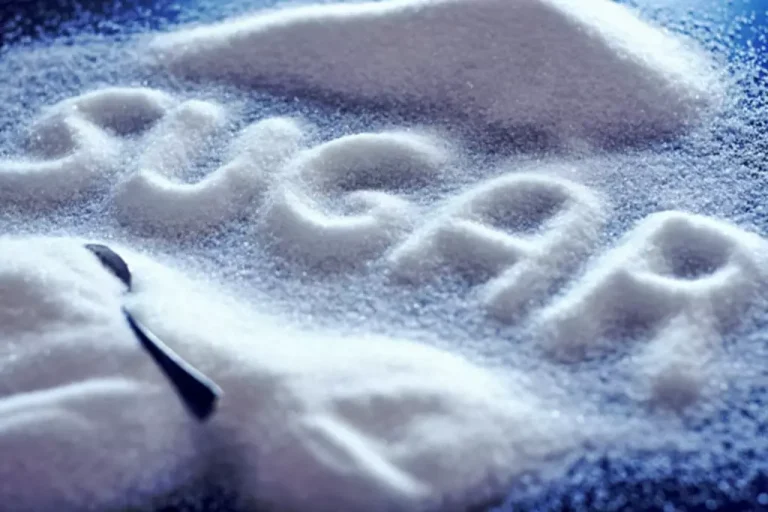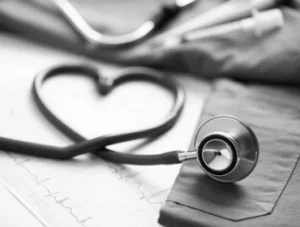
However, more human testing is required to verify this relationship. A healthcare provider may say you have overweight if you have a body mass index (BMI) between 25 and 29.9 kg/m2. Your BMI is an estimate of the amount of body fat (adipose tissue) you have. Healthcare providers calculate BMI by using weight in kilograms (kg) divided by the square of your height in meters (m2). It alerts doctors and patients about drug effects that may be dangerous.
- Vodka doesn’t contain a significant amount of minerals or nutrients.
- A recent animal study found that mice given ethanol over a period of three days demonstrated a significant increase in food intake.
- When you drink too much alcohol, it can throw off the balance of good and bad bacteria in your gut.
- Decompressing after work with a single vodka soda is a perfectly reasonable way to unwind, especially if it’s been a long or difficult day.
Other Factors That Influence Weight Change After Drinking
Crouse and Grundy [48] looked at the effect of adding 630 kcal/day of alcohol to the diets of 12 men in a metabolic unit. There were no significant changes in weight for normal weight participants over the four-week intervention study. They however noted that about half of the obese participants gained weight, with the largest weight gain being 1.8 kg [48].
Temporary Weight Gain After Drinking Alcohol: The TL;DR

But not until your body is done with the alcohol and if you’re a heavy drinker, well, your body has only so much metabolic bandwidth. Assuming you haven’t had an overly sugary brand of vino, you’ve just consumed 318 additional calories. If you fancy a good beer or glass of wine, chances are you’re ingesting more liquid calories than you does alcohol make you gain weight realize. Decompressing after work with a single vodka soda is a perfectly reasonable way to unwind, especially if it’s been a long or difficult day. But if you drink vodka constantly from the moment you get home until the second you go to bed, you might be damaging your digestive tract in a variety of ways, according to Healthline.
- This is important for potential weight gain because it dictates how your body reacts to alcohol.
- “With regard to cancer risk, any drinking at all was detrimental.”
- And prolonged alcohol use can lead to mental health conditions like anxiety and depression.
- In other words, elevated cortisol could contribute to weight gain, especially around the belly.
How can I prevent having overweight?
- Join 40,000+ People Who Receive Our Newsletter Get valuable resources on addiction, recovery, wellness, and our treatments delivered directly to your inbox.
- Have you turned to drinking a shot of vodka every night at bedtime to help you relax and best your insomnia?
- But if you drink heavily like that every night or even multiple times per night, you may find that weight gain sticks around, even when you’re not drinking or recovering from drinking.
- “REM sleep is important for things like learning and brain health, and while that might suffer you may feel rested.” So your mileage may vary if you drink vodka every night.
- If you have fatigue, it’s important to rest, but also try to take short walks or do other light exercise.
In a randomized crossover study, Cordain et al. [49] found that drinking two glasses of red wine (270 mL) with dinner daily for six weeks did not lead to changes in weight or body fat percentage in 14 men. Also, Beulens et al. [51] reported similar results in 34 male adults with large WC, consuming 450 mL of red wine per day for 4 weeks, compared to consuming alcohol-free wine for the same time period. Biceps skin fold was the only anthropometric measurement https://ecosoberhouse.com/ that was increased in their participants after the beer drinking condition [52]. In this case both diets were isoenergetic so this is not a surprising result, as the thermic effect of food was likely higher for white wine than grape juice [53, 54]. Finally, more recently, Cresci et al. [55] found that self-reported alcohol intake was not a significant predictor of success or failure in losing 5% of body weight during a 6-month weight loss intervention.
- For example, liquors may be lower in calories than some beers but have a higher concentration of alcohol.
- If you’ve been drinking alcohol, you should drink water to quickly get rid of bloating in your face and stomach.
- First, as previously mentioned, energy from alcohol appears to be additive to energy from other sources [5].
- Cortisol is the stress hormone in your body responsible for the “fight or flight” response.
- Regular alcohol consumption can also lead to weight gain, which may feel like bloating.
- Studies have also found that moderate vodka consumption can reduce hypertension risk and help dilate blood vessels.
Liver damage

Several experimental studies have been conducted to examine the short-term effect of alcohol intake on feeding behavior and appetite control [3•, 5]. In these studies, alcohol appears to have no effect on appetite, or to increase appetite [5]. However, to date there have been few intervention studies conducted to experimentally examine the effects of regular alcohol intake on weight gain or obesity in humans. All of the available studies have examined moderate intake of alcohol, and the majority have reported results on beer and wine intake, but not other forms of alcohol [3•, 5].
Understanding Calories in Alcohol

A summary of the studies examined in this article, organized by the trend between alcohol and weight gain/obesity can be found in Table 1. Studies have found that alcohol may have some health benefits, like reducing the risk of heart disease. However, it’s important to balance these potential benefits with the risks of excessive alcohol consumption, like weight gain and liver disease.
Leave a Reply